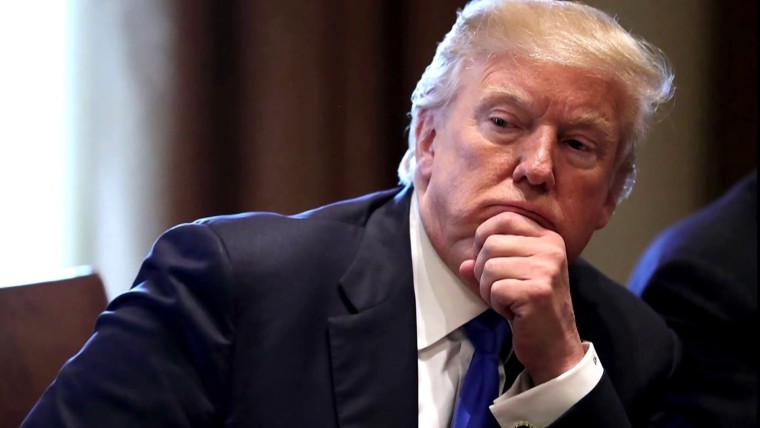[ad_1]
When Mark Zuckerberg first laid out his vision for a Facebook Oversight Board in 2018, he pitched it as a way to place checks on his company’s power.
“Facebook should not make so many important decisions about free expression and safety on our own,” he wrote.
Depending on whom you asked, it was either an admirable attempt to democratize Facebook’s moderation efforts or a thinly veiled effort to pass the buck on the company’s toughest challenges.
On Wednesday, the board sent a message back to Facebook: The buck stops with you.
In its most consequential and highly anticipated decision to date, the board effectively punted responsibility back to Facebook — and not without some harsh words about the company’s attempts to shirk responsibility and make up rules on the fly.
Facebook was right to restrict then-President Donald Trump from its platform the day after the Jan. 6 riot at the U.S. Capitol, the board said, but the company was wrong to impose an indefinite suspension without providing clear and consistent rules to justify the decision.
Now, the board is insisting that Facebook review the matter and make its own decision on the status of Trump’s accounts within six months. It is also criticizing Facebook for a vague and ad-hoc approach to content moderation and for trying to shirk responsibility for controversial posts.
“In applying a vague, standardless penalty and then referring this case to the Board to resolve, Facebook seeks to avoid its responsibilities,” the ruling states. “The Board declines Facebook’s request and insists that Facebook apply and justify a defined penalty.”
The move is an assertion of power by a body that only exists because Facebook willed it into being, paid for it and gave it credibility. It is also a rebuke to critics who believed the board was simply going to do Facebook’s bidding and give it cover for its unprecedented power over expression.
“This decision is enormously promising for creating real accountability for Facebook,” Kate Klonick, an assistant law professor at St. Johns University School of Law who was given exclusive access to the formation of the board, wrote on Twitter.
At the same time, the board’s move is a reminder of the limits of corporate self-regulation.
Facebook’s decision to create the board was in part a response to the unique place it has found itself in recent years — one of the largest platforms for speech ever created, based in a country that resists any government intrusions on speech.
By giving power to a semi-independent board made up of academics, lawyers, journalists and former politicians, Facebook hoped to broaden the influence over thorny decisions that until then were ultimately up to one person: Zuckerberg.
The decision Wednesday suggests that, while the Board is willing to pass judgment on whether certain posts run afoul of Facebook’s policies, it is not willing to assume responsibility for what those policies should be — and will instead put pressure on Facebook to take on that responsibility itself.
“Facebook must make its decision and be held accountable for what it decides,” Michael McConnell, a former U.S. federal circuit judge and board co-chair, said on a conference call after the decision was announced.
The board also said that Facebook needed to provide more transparency around how it handles high-profile political accounts, and that it can’t justify refusing to take down violating posts merely because of their “newsworthiness.”
“This finally publicly calls out FB for inconsistent, opaque, and unclear administration of its ‘newsworthiness’ and ‘public figure’ exceptions and demand they both create better standards and make those standards transparent,” Klonick wrote.
Taken together, the recommendations amount to a clear statement from the board about what it is not willing to do for Facebook, which is to act as a fig leaf.
“Anyone who is concerned about Facebook’s excessive concentration of power should welcome the board telling Facebook that it cannot create new, unwritten rules when it suits them,” said Helle Thorning-Schmidt, the former prime minister of Denmark and a board co-chair.
[ad_2]
Source link

